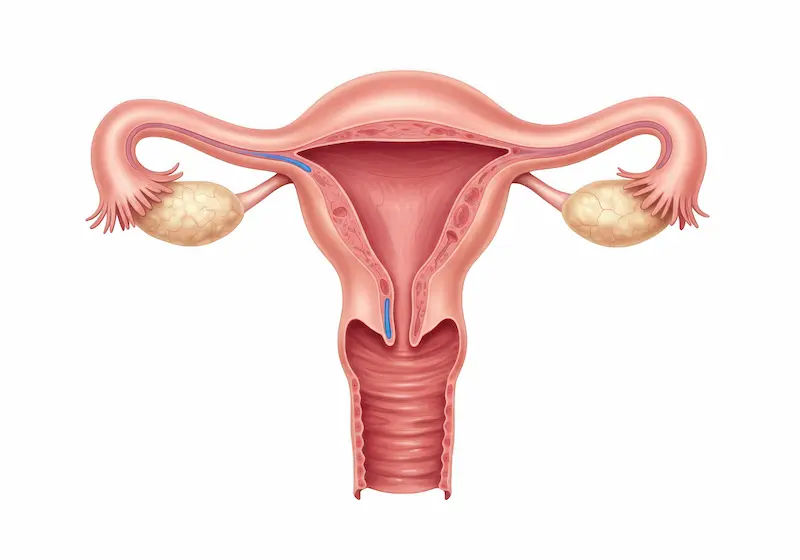- female
- 30 Years
- 01/04/2021
How can I stop my period permanently?
Answered by 1 Apollo Doctors
By a surgery called hysterectomy.
Dr. Anshul Suggests...
Consult a Obstetrician and Gynaecologist
Answered 04/07/2025
0
0

Ask Apollo
AI powered Health Chatbot
-
Understanding Permanent Menstrual Cessation
- Permanent cessation of periods involves stopping menstruation indefinitely, often considered for medical or personal reasons.
-
Medical and Surgical Options
- Hysterectomy: Surgical removal of the uterus, permanently stops periods.
- Endometrial Ablation: Destroys the uterine lining; may not be fully permanent.
- Oophorectomy: Removal of ovaries, affecting menstruation and hormones.
-
Hormonal Treatments
- Long-term use of hormonal contraceptives (e.g., continuous birth control pills, hormonal IUDs) can suppress menstruation but may not be fully permanent.
-
Considerations and Risks
- Consult a gynecologist to discuss health, fertility desires, and risks.
- Be aware of potential side effects and implications of each method.
-
Next Steps
- Seek specialist advice for personalized evaluation and decision-making.
-
Relevant Medical Specialties
- Gynecology and reproductive endocrinology are key fields for managing menstrual cessation.
-
Diagnostic Tests
- Evaluations like pelvic ultrasound or hormonal assessments may be needed to ensure suitability.
Recommended next steps
Consult a Obstetrician and Gynaecologist or Consult a Endocrinologist
Answered 20/08/2025
0
0

More Obstetrics & Gynaecology Health Queries
View allI've been having this white discharge issue for the past couple of months. I had a two-month pregnancy and went through an abortion using pills. After that, I got a scan and everything seemed fine, but the discharge hasn't stopped. It's frustrating having to wear a pad every day. Could you help me understand what's going on and what I should do about it?
ts possible that the white discharge youre experiencing is a result of the healing process after your abortion, but if youre feeling uncomfortable or worried, its always a good idea to check in with your doctor for reassurance and to rule out any infections.
Answered by 1 Apollo Doctors
Can cinnamon actually work as a natural way to end a pregnancy? I tested positive on a home test a couple of days ago and I'm not really looking to keep the pregnancy going. I'm thinking about natural options since it's really early, like just a week or two. Do these natural methods really work, and if so, how much cinnamon powder would I need to use?
Using cinnamon as a natural means of abortion is not recommended as it can be unsafe and ineffective. It is important to seek medical advice for safe and appropriate options for terminating a pregnancy. I recommend consulting with a healthcare provider for further guidance and support.
Answered by 1 Apollo Doctors
I had two tetanus shots about a year and a half ago while I was pregnant. Now, I'm pregnant again and got a small scratch on my finger from a somewhat rusty scissor. Barely any blood came out, but I'm worried. Do I need another tetanus shot, or are the previous ones still enough to protect me?
no problem you have to take
Answered by 1 Apollo Doctors
Disclaimer: Answers on Apollo 247 are not intended to replace your doctor advice. Always seek help of a professional doctor in case of an medical emergency or ailment.





_1.webp)